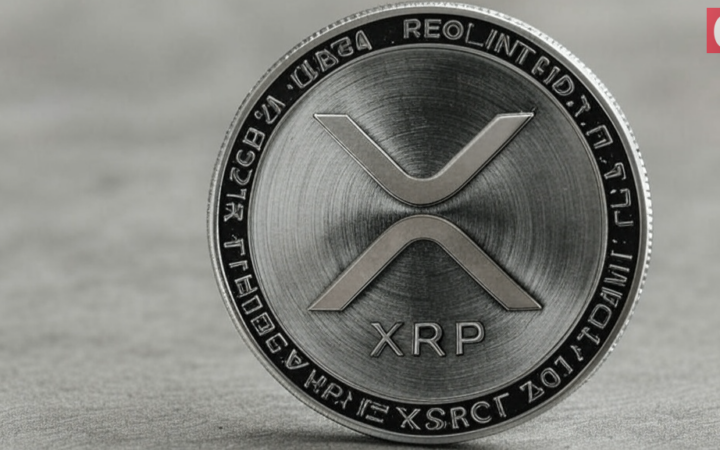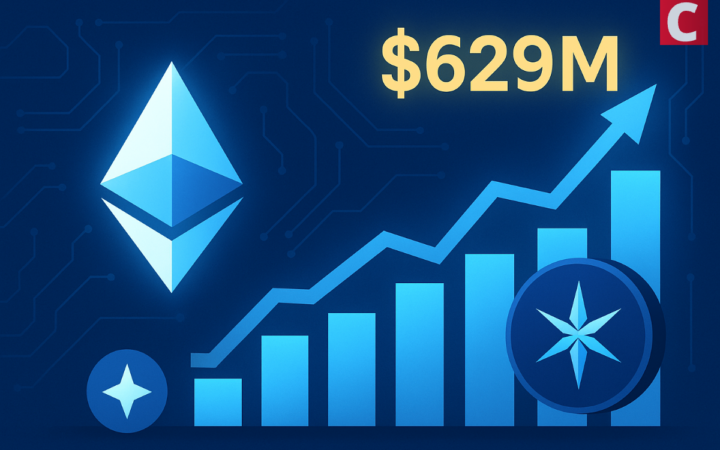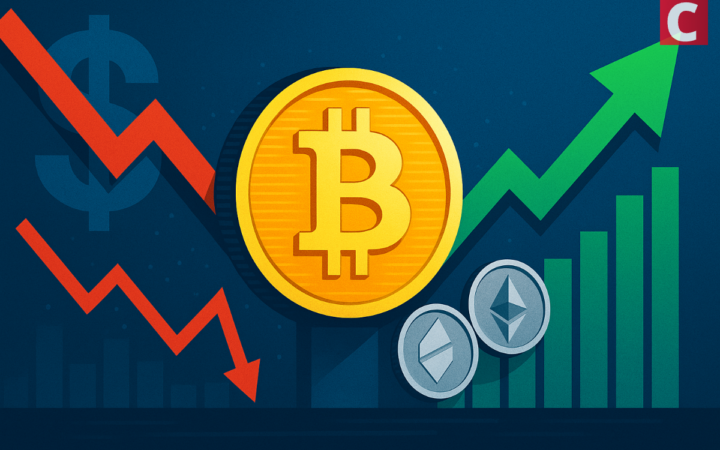
Here Is Vitalik Buterin’s New Plan to Make Ethereum Fast, Decentralized, Private
Zk rollups and layer 2 networks are helpful, but won’t be enough for mass adoption, the Ethereum co-founder wrote.
Stay ahead of the crypto curve with in‑depth coverage of the digital‑asset ecosystem. Here you’ll find the latest on new coin launches, regulatory shifts, wallet innovations and market movements across major chains. Whether you’re a seasoned trader or just exploring the space, our timely updates offer clarity on the crypto universe’s fast‑evolving landscape.

Zk rollups and layer 2 networks are helpful, but won’t be enough for mass adoption, the Ethereum co-founder wrote.

The involvement of an $11.5 trillion asset manager in the Avalanche ecosystem brings huge attention to the network.

Barstool Sports founder Dave Portnoy sparked discussion at Consensus 2025 after revealing a new position in XRP and sharing thoughts on Bitcoin’s evolving role.

Shiba Inu’s burn rate jumped over 106,000% in 24 hours, yet its price declined by 5.87%, raising questions over the token’s price swing.

Ethereum price has slipped under $2,500, with analysts like Crypto Patel predicting a further correction to the $1,930–$2,100 range.

Top Win rebrands to AsiaStrategy, partners with Sora Ventures, and joins the corporate trend of adding Bitcoin to its treasury across Asia.

The Bitcoin options market saw 27,000 contracts expire with a bearish Put-Call Ratio of 1.03, while Ethereum options recorded 220,000 expiries with a Put-Call Ratio of 1.36.

Twelve people have been charged by the US DOJ for a $263 million crypto theft connected to the Genesis case.

Bitcoin continues to struggle below the $105,000 resistance, trading in a narrow range despite a surge in volume and a bullish Golden Cross signal.

World launches a flagship hub in Miami’s Wynwood District amid rising concerns over online identity and bot detection.

With a total value locked of $629 million, Starknet now leads all zero-knowledge rollup networks, surpassing competitors like zkSync.

DOGE is consolidating near $0.2235, with whale accumulation and bullish analyst forecasts hinting at a potential breakout to the $0.40 level.

BlackRock’s Bitcoin ETF (IBIT) dominated the US Bitcoin ETF market with $410 million in inflows on May 15.

Méliuz has become the first publicly listed company in Brazil to adopt Bitcoin as a treasury asset, purchasing $28.4 million in BTC.

The US Core PPI decline signals easing inflation, sparking hopes for rate cuts that could boost Bitcoin and altcoin prices.